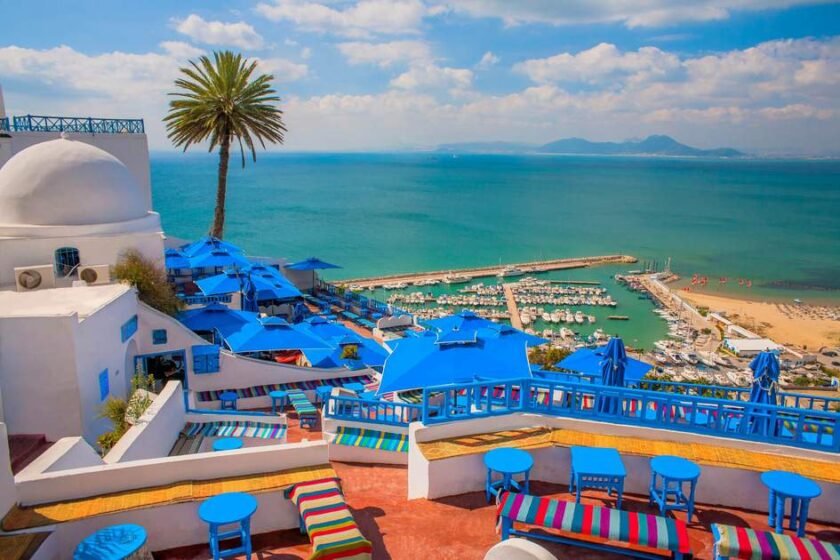Tunisia and Italy officially launched the TANIT project on November 3, 2025, a major bilateral program designed to promote the use of treated wastewater for agriculture and bolster food security.
The initiative, implemented under the 2025-2027 Tunisia-Italy cooperation framework and aligned with Italy’s strategic “Mattei Plan” for Africa, involves key partners including the Italian Agency for Development Cooperation, the Italian Deposit and Consignment Fund, and the International Center for Advanced Mediterranean Agronomic Studies (CIHEAM) in Bari.
The project will channel treated wastewater to irrigate approximately 11,500 hectares of state-owned farmland, a substantial scaling of Tunisia’s existing water reuse efforts. The targeted areas span the governorates of Tunis, Zaghouan, Sousse, and Sfax, including zones in Borj El Amri, Enfidha, and Echchâal.
“This partnership is a cornerstone of our strategy to strengthen agricultural resilience,” a spokesperson for the Tunisian Ministry of Agriculture stated. “With agriculture consuming about 80% of our water, recycling treated wastewater is no longer an option but a necessity for our food security.”
The TANIT project will focus on three strategic pillars: advancing wastewater treatment and reuse technologies, improving agricultural performance in pilot zones, and building local capacity through training and innovation.
While Tunisia has a long-standing national policy on wastewater reuse dating back to 1987, the practice remains underutilized. Data from the National Sanitation Office (ONAS) indicates that in 2023, only 19% of the available treated wastewater was used for irrigation, watering just 2,725 hectares of the 7,794 hectares equipped for the purpose.
By converting treated effluent from plants in Sfax, Enfidha, Agareb, and others into a reliable resource for agriculture, the TANIT project aims to directly alleviate the intense pressure on Tunisia’s conventional water resources and create a more sustainable model for its vital farming sector.
TunisianMonitorOnline (BRC)




